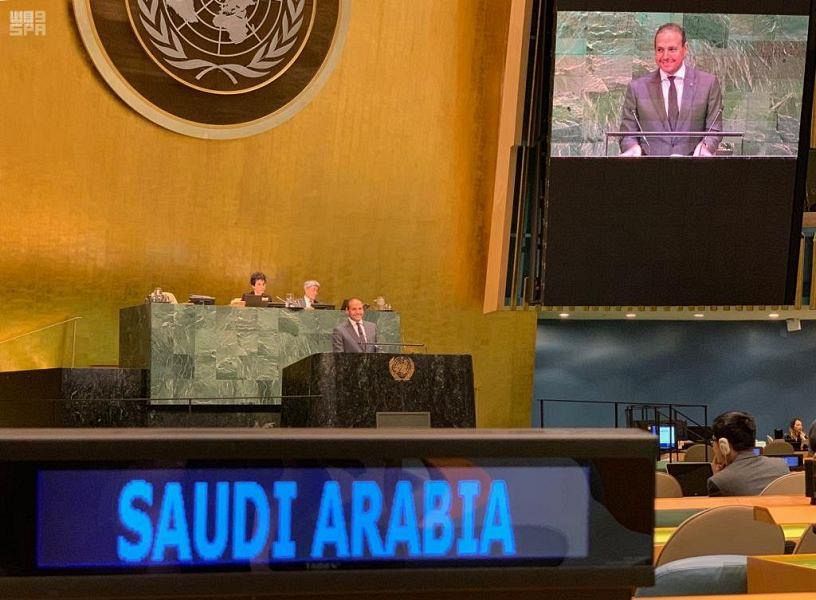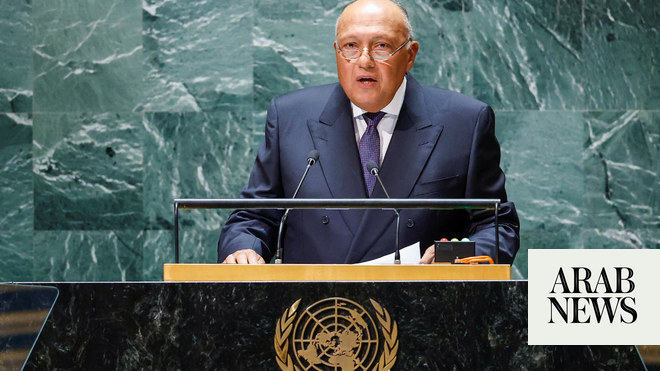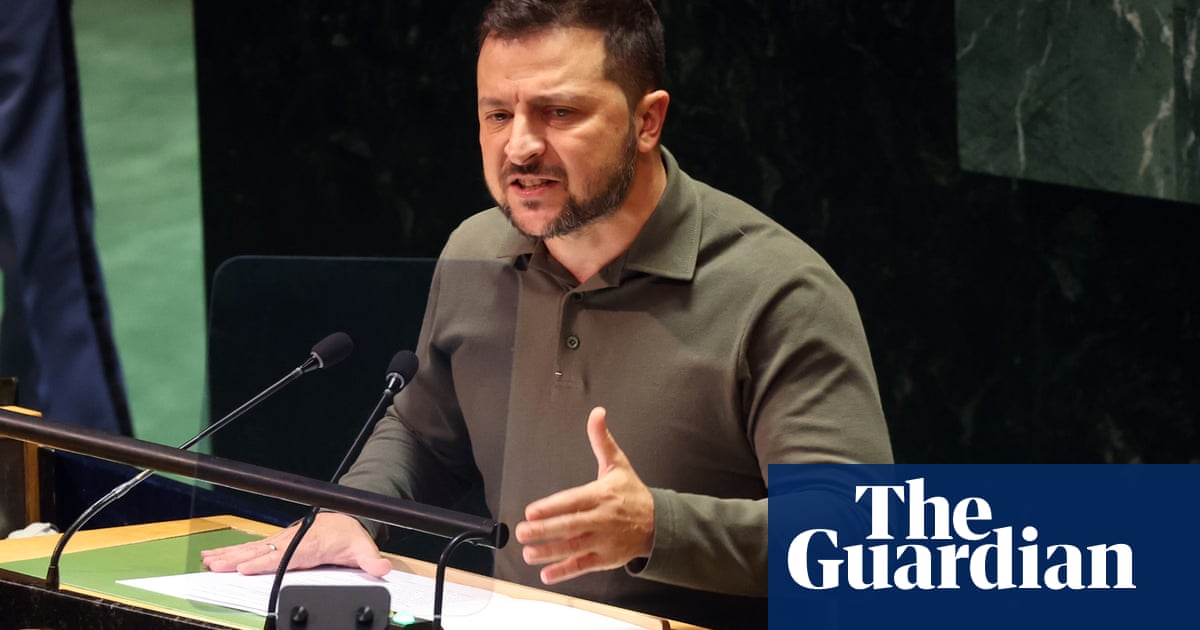
Three-quarters of a century is a big milestone for any institution. The UN reaches that benchmark this year. Its charter, which took effect on Oct. 24, 1945, is the foundation of the postwar multilateral system — to which the US was midwife.
The organization’s aim is “to maintain international peace and security, develop friendly relations among nations and achieve international cooperation.” It boasts 193 member countries and has undeniably helped mediate conflicts through the decades. This was particularly important during the Cold War, when the US and Soviet Union had nuclear arsenals directed at each other that could have destroyed the world many times over.
Since then, the world has become more multipolar, which has not made things any easier, particularly for the Security Council, one of the organization’s principal organs, where the veto powers of the five permanent members often block resolutions. The five represent the major victors of the Second World War, namely the US, China, Russia, the UK and France.
The past two decades have seen the ascent of China and, with it, a new bipolarity between the US and Beijing, particularly since President Donald Trump moved into the White House. Trump is well known for his skepticism of multilateral frameworks, particularly the UN. He left the Paris Agreement on Climate Change, the World Health Organization and stopped funding the UN Relief and Works Agency for Palestine Refugees, to name just three.
This US-China duopoly is the backdrop against which this week’s annual meeting of the General Assembly takes place. The gathering, which normally sees heads of state undertake a pilgrimage to New York, should really have been a cause for celebrating the big anniversary. Alas, things played out differently.
Firstly, the coronavirus disease (COVID-19) pandemic has turned the meeting into a virtual affair, with recorded addresses by national leaders. Secondly, nothing could have better highlighted the schism between the world’s two largest economies than Tuesday’s speeches by Trump and China’s Xi Jinping.
First on the speaking roster was UN Secretary-General Antonio Guterres. In anticipation of what was to follow, he warned of a potential new cold war between the US and China.
Trump validated the secretary-general’s worst fears. He praised the US’ efforts to bring peace to the Middle East and Afghanistan, only to then double down on China. He called COVID-19 the “China virus” and demanded that the UN should hold Beijing accountable for unleashing the disease onto the world. He also criticized China’s environmental track record, stating that the US was reducing its carbon emissions despite having left the Paris Agreement.
Xi’s address was, by contrast, statesmanlike. He warned that the fight against the virus should not be politicized and that “no country can gain from others’ difficulties.”
He also vowed that China would become carbon neutral by 2060. He had previously promised that China’s carbon emissions would peak by 2030. He hailed the 2015 Paris Agreement as “the minimum that was needed to protect the earth.” It envisages keeping global temperature rises below 2 degrees Celsius above pre-industrial levels by the end of the century. Those were nice words, but they lacked specificity, especially against the backdrop of a rise in new coal-fired power plants in China in 2020.
Xi advocated multilateralism by vowing that “the world will never return to isolation, and no one can sever the ties between countries.” Many heads of government, including Germany’s Angela Merkel and South Korea’s Moon Jae-in, shared Xi’s plea for a revival of multilateralism.
The Chinese president might have over-reached a bit when he said that no country should “be allowed to do whatever it likes and be the hegemon, bully or boss of the world.” While China hails the rule of international law, it acts as the big power in the South China Sea or vis-a-vis Hong Kong.
So what lessons can we draw from Tuesday’s proceedings?
Firstly, the two dominant powers of today are China and the US. As in the schoolyard, the two big boys are doing everything they can to position themselves as the dominant power — which often leaves collateral damage.
Secondly, it is a huge achievement for the UN to have survived for 75 years. The organization may have experienced many trials and tribulations and could not advance peace and security everywhere it was meant to, but without it we would have seen many more conflicts spiral out of control. The famous blue helmets have kept cease-fires intact in many parts of the world where they would otherwise have been broken.
Without the UN we would have seen many more conflicts spiral out of control.
Cornelia Meyer
Thirdly, organizations like the UN Development Programme and the World Food Programme have prevented hundreds of millions of people from going hungry and helped economic development throughout the world.
Fourthly, it is true that the UN has an unwieldy bureaucracy, which is one of the main criticisms of consecutive US administrations. But then no organization is perfect and the way to deal with this issue is to address it with reforms.
All in all, the world is a better place for having the UN. The organization is a direct result of the bloodshed and hardship of the Second World War and we should honor the spirit in which it was formed. If nothing else, it is vitally important that the General Assembly provides a forum for 193 countries to exchange their views. Talking has always been the first step toward conflict resolution.
Cornelia Meyer is a Ph.D.-level economist with 30 years of experience in investment banking and industry. She is chairperson and CEO of business consultancy Meyer Resources. Twitter: @MeyerResources
Disclaimer: Views expressed by writers in this section are their own and do not necessarily reflect Arab News" point-of-view










